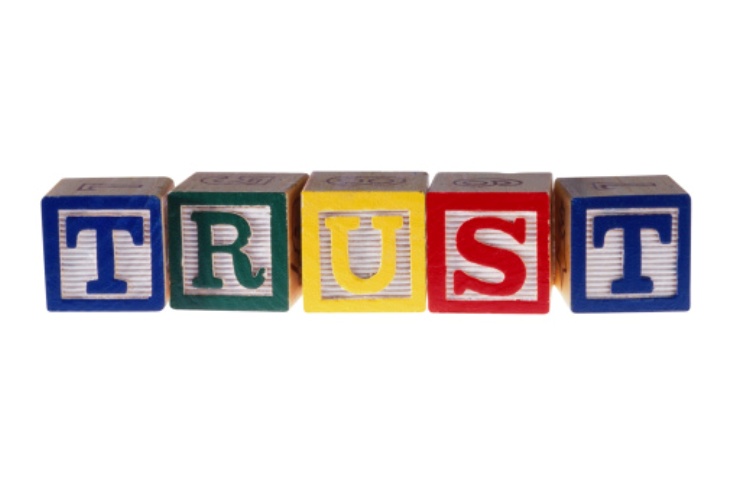We face choices every day. Some are easier than others (whether to splurge for a night out to eat or stay in and cook vs. whether to leave the security of your hometown and strike out on a new adventure).
Most of us are pretty good about weighing these decisions logically—and we should be. Things like making pro/con lists and considering all the outcomes are necessary to make sure that ultimately we do the right thing.
But what about when “the right thing” isn’t necessarily logical? What if your pro/con lists are equally balanced, or something in your gut is telling you that you should go for one choice over the other (in spite of some logical difficulties)?
That’s when trusting your instincts comes in. Don’t be afraid of how New Age-y that might sound; it isn’t a matter of having a dream that tells you what to do or running blindly at a choice just because it “feels right.” It’s more a matter of trusting your inner wisdom and experience to guide you.
Here are some key things to keep in mind when learning to trust your own instincts:
Listen to those nagging thoughts. You’re interviewing contractors for a project, and one of them seems like he’d be the best fit, but something just “feels off.” You can’t put your finger on it; he just makes you uncomfortable.
Our subconscious can react to certain places, people, and situations in ways that don’t make sense to our conscious minds. But we should be careful to pay attention to these reactions, because they could be cluing us in to some important things. Maybe that contractor’s mannerisms are triggering memories of someone you dealt unsuccessfully with in the past, which could mean he’ll wind up being difficult, too.
Watch for your “fight or flight” response. Our bodies often tip us off to things we’re not cognitively aware of. Sure, we can be nervous or scared to make a big decision (like taking a new job) and still have it be the right choice—but watch out for deeper, pervasive feelings like dread that you just can’t seem to shake.
If you find yourself trying to justify all the reasons why that new job would be a smart decision, yet you still get a sinking feeling in your stomach every time you think about it, it could be your inner voice telling you that something about this plan is just not right for you. Maybe it looks great on paper, but it wouldn’t mesh well with who you really are.
Similarly, if you’re walking through a dim parking lot at night and you sense that something might be wrong, trust that gut feeling and be extra-aware of your surroundings. Maybe you noticed something for a split-second out of the corner of your eye that your conscious brain didn’t register. Maybe you half-heard a story about a local attack that happened in a similar parking lot as you were folding the laundry with the news on in the background.
Vet your instincts. Sometimes we’re convinced that someone is “the one”…that our coworker has it out for us…that our flight is going to crash…and they’re actually false instincts. Our fears, preconceptions, and bad past experiences can sometimes cause us to react to certain situations in ways that are biased.
So, how do you know when it’s right to trust your instincts? Here are a few tips:
- Sleep on it. If after several days of deliberation, you still feel the way you do, chances are it’s not a snap judgment but rather something deeper.
- Compare similar situations to the one you’re in now. Did your instincts lead you astray then? Do you normally tend to overreact in this kind of situation?
- Get outside feedback. Bounce your feelings off friends and family who know you well; they may be able to recognize patterns you repeat that you didn’t realize you have.


